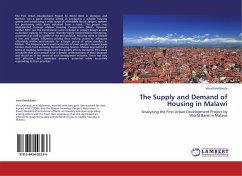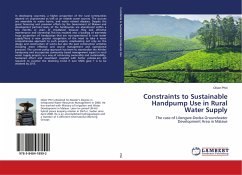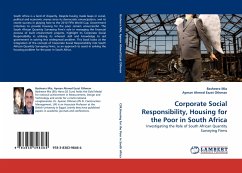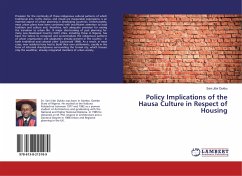The First Urban Development Project by World Bank in Lilongwe and Blantyre was a good initiative aimed at producing a suitable housing system and introducing a wide range of affordable house designs, options for purchasing with loans obtained from a bank. The project was implemented through Malawi Housing Cooperation (MHC). However neither MHC nor the beneficiaries were included in project design as well as decision making for the same, thereby highly compromising monitoring, acceptance as well as quality of the end product. Housing stock in Malawi is low and largely influences pricing thus making access to adequate affordable shelter unattainable for a larger group of urban dwellers in Malawi. The frequency and unattractiveness of poor people s income levels hinders them from accessing formal housing finance. Malawi lags behind in terms of building technologies and this greatly affects standards. This study concludes that poor people have a deeper understanding of their situation and should be at the centre of each development initiative. This is not only cost effective, but maximises people s potential while accurately responding to their priorities.
Bitte wählen Sie Ihr Anliegen aus.
Rechnungen
Retourenschein anfordern
Bestellstatus
Storno








